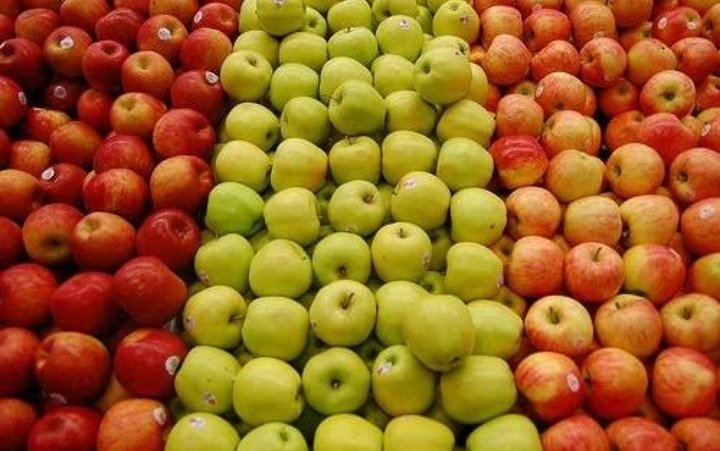We know that you are quite familiar with the phrase “an apple a day keeps the doctor away” but what else do you know about the humble apple?
Crisp, sweet, and delicious, bushels of apples are a true symbol that autumn has arrived. Whether you stroll through the apple orchard and pick some yourself, or scoop a few pecks up from the store, everyone just can’t get enough. By volume, we eat more apples than any other fruit. But for all the love we show to apples, how much do you actually know about our favorite fall fruit?
As you’re sipping on that warm glass of apple cider and snacking on some apples slices, consider these fun facts about apples:
- Archaeologists have found evidence that people have been eating apples since 6,500B.C.
- The science of growing apples is called pomology.
- There are more than 7,500 apple varieties in the world — about 2,500 varieties grown in the United States. About 100 of those are sold commercially. Apples are the second most valuable fruit grown in the U.S. (oranges being the first).
- If you’ve ever wondered why apples float it’s because they’re 25 percent air, giving us the ability to bob for apples in a barrel of water.
- Apples ripen up to 10 times faster at room temperature than if they are refrigerated.
- Apple trees take at least four to five years to start producing fruit. Some take as many as 10 years.
- It takes about 36 apples to make one gallon of apple cider.
- An apple has about 80 calories. They are fat-free, sodium-free, and cholesterol-free and also are an excellent source of fiber.
- Thanks to their high levels of boron, apples can help improve your memory, mental alertness, and electrical activity of the brain.
- The average person eats 65 apples a year.
- A nifty trick to prevent fresh apple juice from turning brown is to add a few squeezes of lemon juice or lime juice. This helps prevent oxidation.
- Apples are one of the most popular juices taken with breakfast in the United States.
- Apples are full of fiber and can help you feel full on fewer calories – which can ultimately help in weight management. Plus, fiber fights cholesterol and lowers your heart disease risk.



